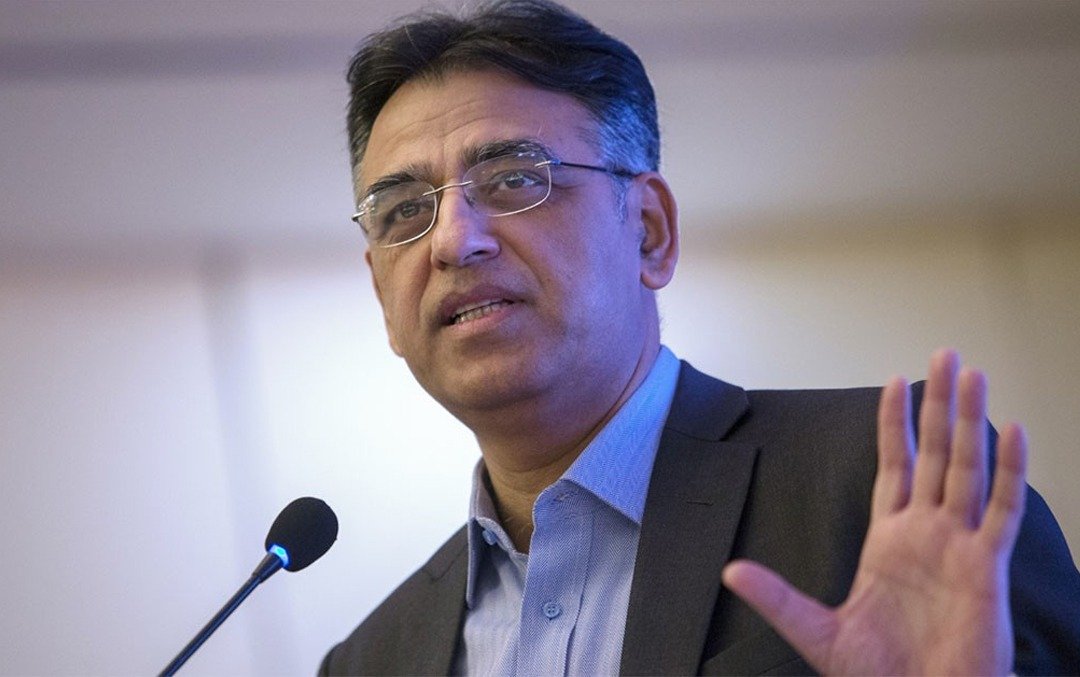Career Journey:
Born in Rawalpindi on September 8, 1961, Asad Umar hails from a military family. His father, Ghulam Umar, was a retired major general and served as Pakistan’s first National Security Advisor (1969–1971). He is the youngest of six brothers, including Mohammad Zubair, a former governor of Sindh.
He completed his B.Com from Government College of Commerce & Economics and later earned an MBA from IBA Karachi in 1984. His professional career began at HSBC Pakistan, but he soon joined Exxon Chemical Pakistan in 1985 as a business analyst. When Exxon’s management bought out the company in 1991, he moved back to Pakistan and later became the first CEO of Engro Polymer & Chemicals in 1997.
In 2004, Asad Umar was appointed as President & CEO of Engro Corporation, where he expanded the company into multiple sectors, including petrochemicals, food, and energy. His leadership made Engro a global player, and he was one of Pakistan’s highest-paid CEOs. He took early retirement in April 2012 to join politics.
Asad officially entered politics in 2012 by joining PTI. He served as PTI’s Secretary-General from December 2021 to May 2023. During his tenure as Finance Minister (2018–2019), he focused on economic stabilization. Later, as Minister for Planning (2019–2022), he led several key projects, including CPEC and Pakistan’s COVID-19 response strategy.
Following the 9 May 2023 protests and a government crackdown on PTI leaders, Asad Umar resigned from all party positions and, in November 2023, announced his departure from politics, citing differences with PTI’s confrontational stance.
Achievements:
● Led Engro Corporation as CEO, turning it into a multi-sector conglomerate
● Served as Pakistan’s Finance Minister and Minister for Planning & Development
● Awarded Sitara-i-Imtiaz in 2009 for public service
● Spearheaded Pakistan’s COVID-19 response strategy
Legacy:
Asad Umar’s journey from corporate leadership to politics showcases his expertise in economic management and strategic planning. While his tenure in government had its challenges, he played a key role in shaping Pakistan’s financial policies and infrastructure projects. His departure from politics marked the end of a significant chapter in Pakistan’s economic and political landscape.






